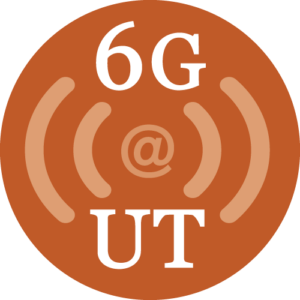UT: New Centimeter-Accurate GPS System Could Transform Virtual Reality and Mobile Devices, May 2015
“AUSTIN, Texas—Researchers in the Cockrell School of Engineering at The University of Texas at Austin have developed a centimeter-accurate GPS-based positioning system that could revolutionize geolocation on virtual reality headsets, cellphones and other technologies, making global positioning and orientation far more precise than what is currently available on a mobile device. Continue reading the UT press […]


